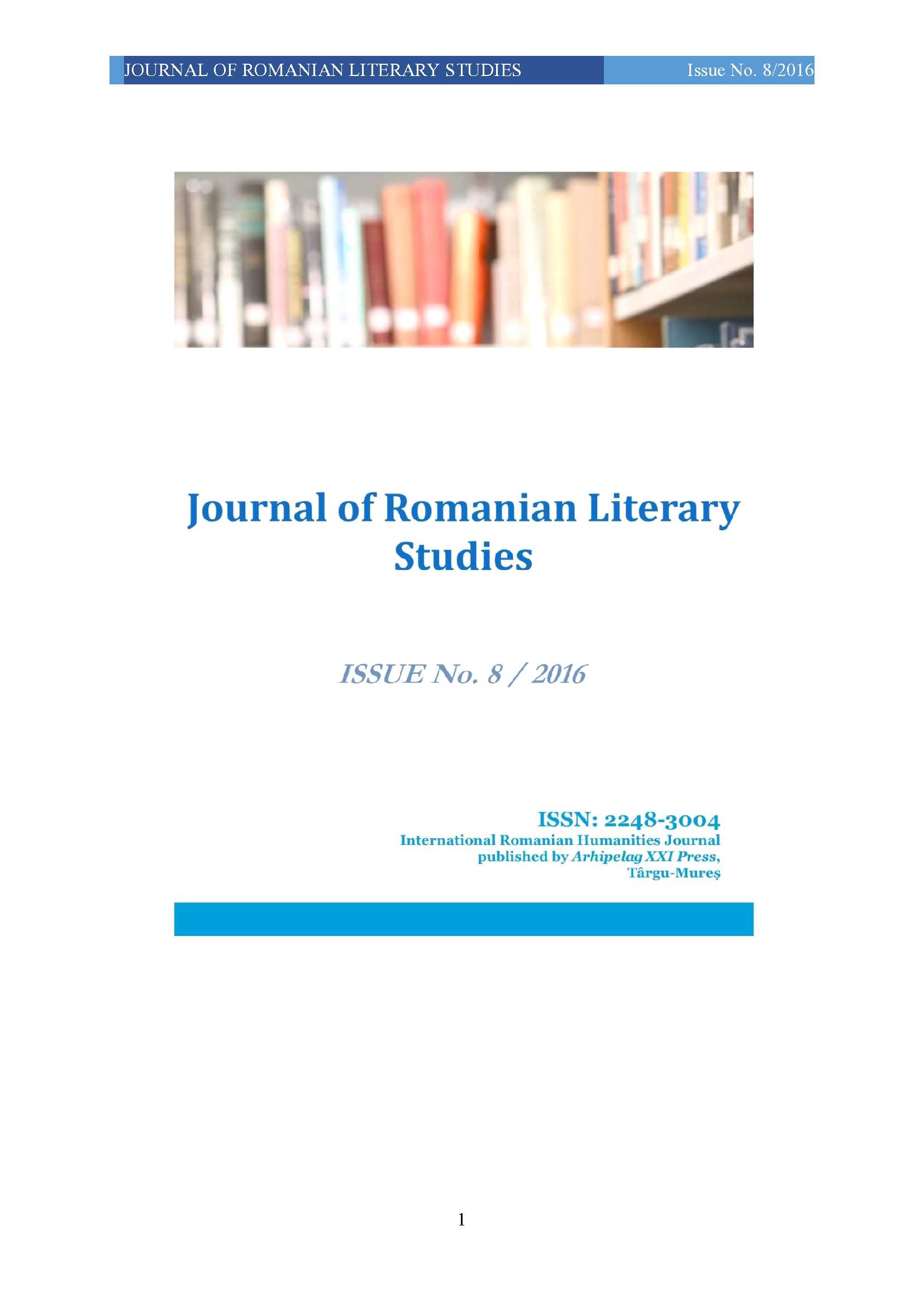DAS MOTIV DES WAHNSINNS IN DER EXPRESSIONISTISCHEN LITERATUR: CARL EINSTEINS BEBUQUIN ODER DIE DILETTANTEN DES WUNDERS (1912) – EIN „STÜCK LITERARISCHEN WAHNSINNS“
DAS MOTIV DES WAHNSINNS IN DER EXPRESSIONISTISCHEN LITERATUR: CARL EINSTEINS BEBUQUIN ODER DIE DILETTANTEN DES WUNDERS (1912) – EIN „STÜCK LITERARISCHEN WAHNSINNS“
Author(s): Simona Olaru-PoşiarSubject(s): Language and Literature Studies, Literary Texts
Published by: Editura Arhipelag XXI
Keywords: Wilhelminian society; motif of madness; Expressionism; identity crisis; protest
Summary/Abstract: An example of the motif of madness in German expressionism is vividly depicted in Carl Einsteinřs surreal, fantastical novel Bebuquin oder Die Dilettanten des Wunders (Bebuquin or the Miracle Dilettantes). It is as the title states Ŗa piece of literary madnessŗ or better said a vivid example of rendering the motif of madness within a literary work in the Expressionist tradition. The work of Carl Einstein is a protest against all beliefs within the Wilhelminian society and is a carrier of symbols meant to trigger within the reader the turmoil that the writer and the society he lived in felt.
Journal: Journal of Romanian Literary Studies
- Issue Year: 2016
- Issue No: 08
- Page Range: 213-220
- Page Count: 8
- Language: German

